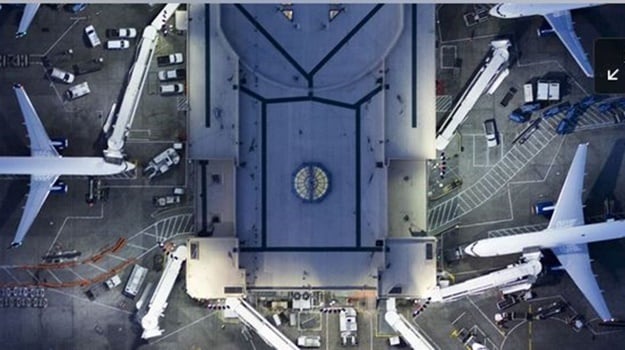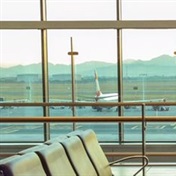
The International Air Transport Association's (IATA) 77th annual general meeting approved a resolution for the global air transport industry to achieve net-zero carbon emissions by 2050.
This commitment will align with the Paris Agreement goal for global warming not to exceed 1.5°C.
"The world's airlines have taken a momentous decision to ensure that flying is sustainable. The post-Covid-19 re-connect will be on a clear path towards net zero,” said Willie Walsh, IATA's director general.
The International Civil Aviation Organisation’s (ICAO) Carbon Offsetting and Reduction Scheme for International Aviation (CORSIA) will stabilise international emissions at 2019 levels in the short-to-medium term. Support for this was reaffirmed in the IATA resolution.
"Achieving sustainable global connectivity cannot be accomplished on the backs of airlines alone. All parts of the aviation industry must work together within a supportive government policy framework to deliver the massive changes that are needed, including an energy transition. That is no different than what we are seeing in other industries," said Walsh.
Ways to address the environmental impact will include fuel-producing companies bringing large scale, cost-competitive sustainable aviation fuels (SAF) to the market; governments and air navigation service providers (ANSPs) eliminating inefficiencies in air traffic management and airspace infrastructure; aircraft and engine manufacturers producing radically more efficient airframe and propulsion technologies; and airport operators providing the needed infrastructure to supply SAF, at cost, and in a cost-effective manner.













